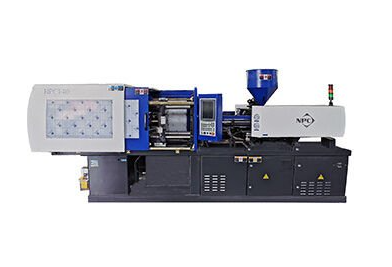

The motor is an essential component of a machine. The stepper and the servo motors are major types of motors that are popularly used here. Is there any advantage of one over the other?
Well, depending on the aspect you use to judge the two, there may be an advantage of one over the other. However, the best motor is a motor that meets your application needs.
Read on as we take you through the details between the stepper motor and servo motors. It will help you to make an informed decision.
A stepper motor is designed to move to a position, stop and hold. But a servo motor is designed to hunt for the aim position. It uses encoder feedback and servo lock to create holding torque.
The difference between the two comes from the presence or absence of the number of poles and the encoder. The poles are magnetic poles which can be south or north magnetic poles on the motor.
A servo motor needs more footprint because of the need for an absolute encoder. It can create high-speed torque due to a fewer number of poles. A stepper motor does not need an encoder to run. It can run in an open loop and it is more compact than a servo motor.

Stop accuracy is a key feature of the two motors. Both the stepper motor vs servo motor can stop accurately. The stop accuracy of a stepper motor depends on the number of poles while the stop accuracy of a servo motor depends on the encoder.
Moreover, the stop accuracy of the stepper motor also depends on the quality of the electrical winding and the teeth design, while the stop accuracy of the servo motor relies on the encoder resolution, assembly accuracy, and algorithm.
Efficient current regulation leads to better performance of motors. Stepper motors will vibrate more when the size is not appropriate, while servo motors will hunt more when the size is not right.
The Servo motor draws only the needed current. This helps the motor by increasing the service life, reducing noise, and reducing power consumption.
The following are the pros of the Stepper motor:
The following are the pros and cons of a servo motor:
The stepper motor vs servo motor has different applications. There are pros and cons for the two motors. The choice of motors depends on the application. Kindly contact us for your motors.